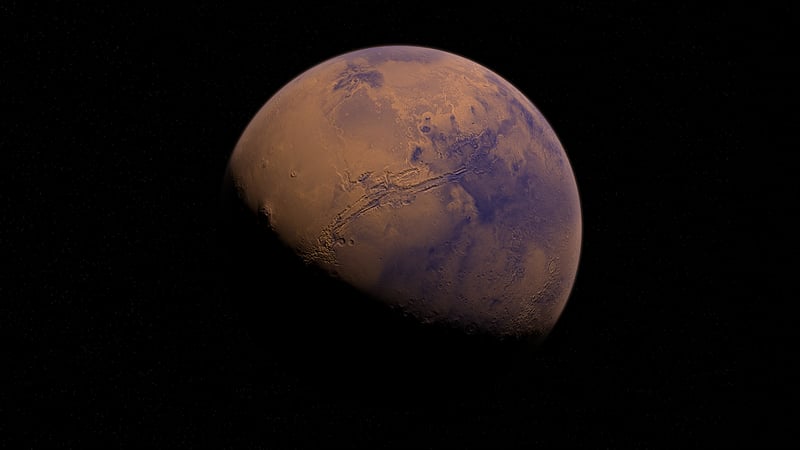Space Colonies
Exploring Time Zones in Space Colonies
Space colonization has long been a fascination for humanity, offering the potential for expansion beyond our planet. As we look towards the future, one intriguing aspect to consider is how time zones might work in space colonies. Let's delve into this fascinating topic!
Why Do Time Zones Matter in Space Colonies?
On Earth, time zones are primarily based on the planet's rotation, with each zone roughly covering 15 degrees of longitude. However, in space colonies, where days and nights may not align with Earth's cycle, a new system for measuring time becomes necessary. This is crucial for maintaining a sense of routine, coordination, and synchronization among inhabitants.
Challenges and Solutions
Challenge 1: Lack of Natural Day-Night Cycle
In space colonies, residents may experience multiple "sunrises" and "sunsets" in a single Earth day due to orbital dynamics. This can disrupt the body's internal clock, leading to sleep disturbances and overall disorientation.
One solution is to implement artificial lighting systems that mimic Earth's day-night cycle, helping inhabitants maintain a sense of time and rhythm.
Challenge 2: Coordination with Earth
Given that space colonies may still need to communicate and collaborate with Earth-based entities, establishing a common time reference is vital. This ensures seamless operations and avoids confusion in scheduling activities.
Using Coordinated Universal Time (UTC) as a standard across space colonies and Earth can facilitate efficient coordination and communication.
Future Perspectives
As humanity ventures further into space and establishes permanent colonies on celestial bodies, the concept of time zones in space will continue to evolve. Innovations in timekeeping technology and adaptation strategies will play a crucial role in shaping the temporal landscape of space settlements.
Conclusion
Time zones in space colonies present a unique and intriguing challenge that requires innovative solutions. By addressing the complexities of time measurement in a non-terrestrial environment, we pave the way for a harmonious and well-coordinated future in space exploration.
Join us in the exciting journey of unraveling the mysteries of time zones in space colonies!

Image Source: Pixabay
